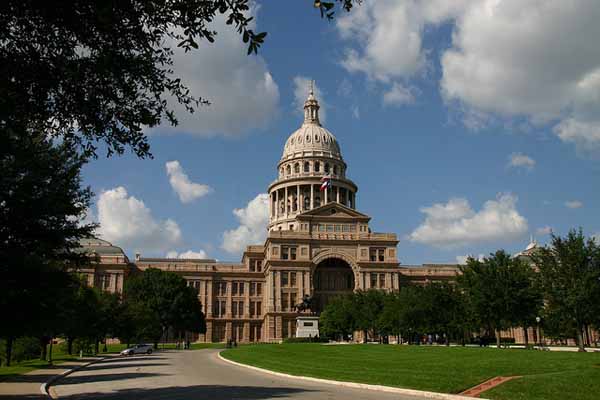
Three years after the Texas Medical Association spearheaded “gold card” prior authorization exemption legislation, delays and complications with payer approvals continue to adversely affect physicians and patients.
That was the gist of testimony TMA Council on Legislation Chair Zeke Silva, MD, delivered to the House Committee on Insurance in a Sept. 5 hearing, urging additional meaningful reform on the issue in the upcoming 2025 session. The hearing also comes as payers start their own gold-card programs.
“Prior authorization has become a significant burden on patients and physician practices for years now, contributing to rising health care costs, threatening the viability of independent medical practices, and compromising patient care,” Dr. Silva, a San Antonio diagnostic radiologist, said in prepared remarks.
“Nine out of 10 physicians report patients who have delayed care as a result of prior authorization. Seventy-eight percent report patients abandoning care altogether, and one in four physicians report poor outcomes, including loss of bodily function, even death,” he told the committee, citing a 2023 American Medical Association physician survey.
Some patients, he adds end up shouldering greater health care costs out of frustration.
“We see higher out-of-pocket costs for these patients because their care is delayed, and oftentimes they're willing to pay out-of-pocket to have their services performed, because when they're in that decision-making moment and prior authorizations are leading to a delay, they just want to get treated. They just want an answer. They just want to get better, and they're willing to do that,” he said.
Dr. Silva commended the legislative body for its passage of House Bill 3459 in the 2021 session, which allows physicians to earn exemptions from prior authorizations through a gold carding system, calling it a significant step toward reform. That legislation, championed by TMA, led to a majority of other states pursuing bills modeled after the pioneering Texas law.
But Dr. Silva expressed ongoing concerns about the law’s implementation, as well as transparency and accountability with the whole prior authorization process, which presents physician practices with undue administrative and financial burdens.
Dr. Silva’s testimony also drew from last year’s Medical Group Management Association Annual Regulatory Burden Survey, noting, “More than nine in 10 – 92% – of medical practices have either hired additional staff or reallocated existing resources solely to manage the increasing volume of prior authorization requests.”
According to AMA data, practices average 43 requests per physician per week.
TMA expects at least one prior auth-related bill to be introduced come January, seeking to reinforce the intended reforms in HB 3459.
In the meantime, TMA continues to work with member physicians seeking to address prior authorization issues with payers through its Physician Payment Resource Center.
TMA will also give an update on its 2025 legislative agenda at its upcoming Business of Medicine Conference, Oct. 10-12, in San Antonio.
Phil West
Associate Editor
(512) 370-1394
phil.west[at]texmed[dot]org

Phil West is a writer and editor whose publications include the Los Angeles Times, Seattle Times, Austin American-Statesman, and San Antonio Express-News. He earned a BA in journalism from the University of Washington and an MFA from the University of Texas at Austin’s James A. Michener Center for Writers. He lives in Austin with his wife, children, and a trio of free-spirited dogs.